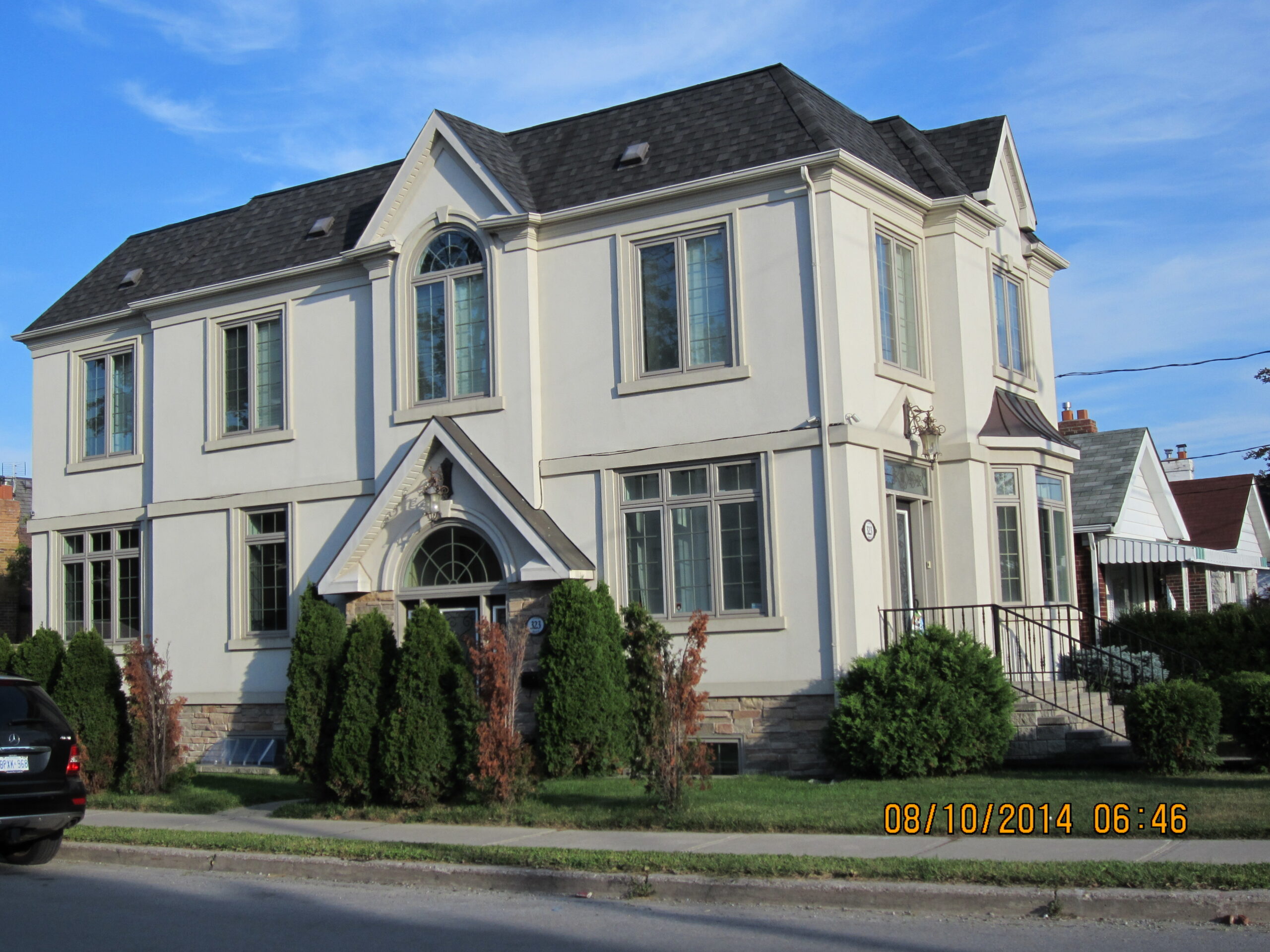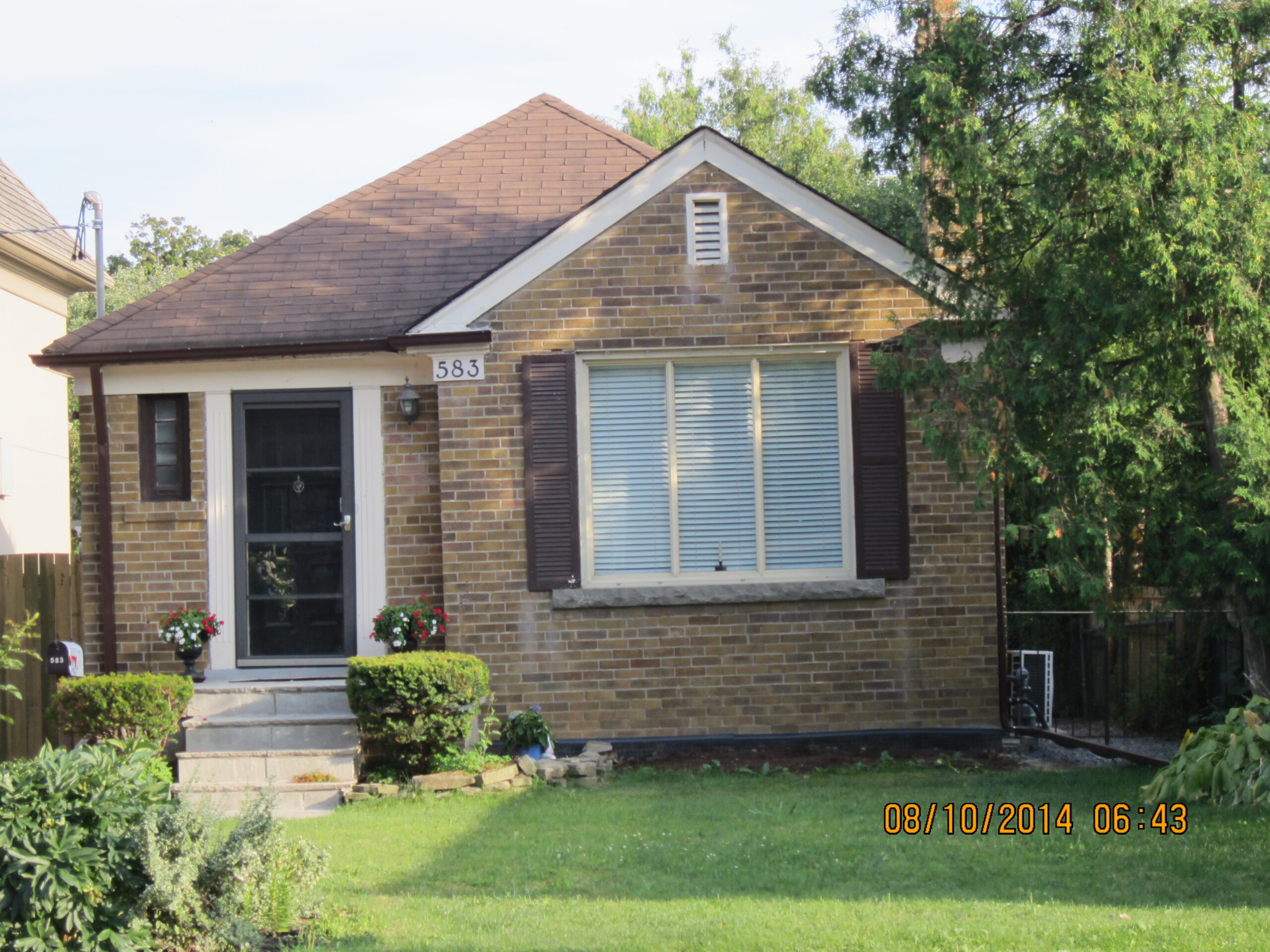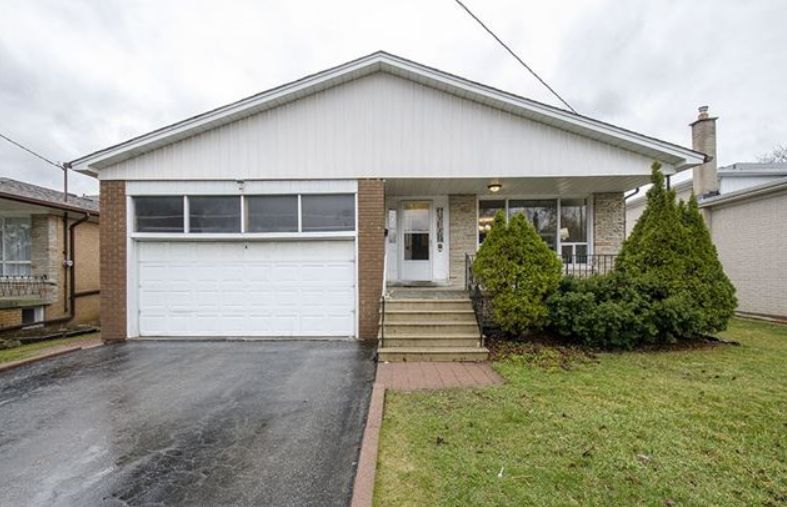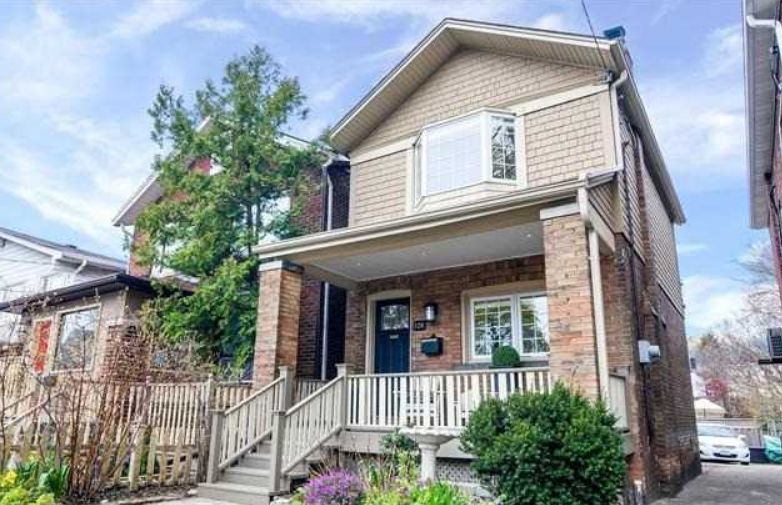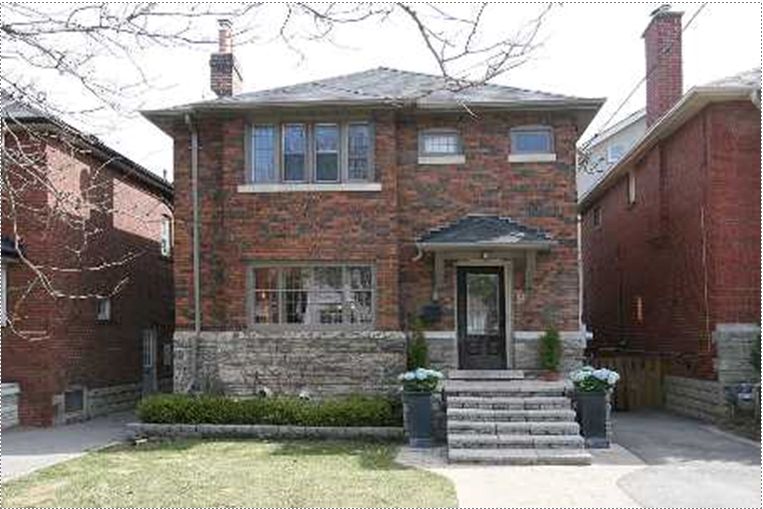
© Provided by Fool office-building_16-9
Toronto’s real estate market continues to defy gravity.
May was another record-setting month with 12,870 home sales reported by Toronto-area realtors. Prices inside the city of Toronto hit an average of $782,051, an increase of 8.95% compared with the same month in 2015.
The rest of the Greater Toronto Area did even better. The average price surged to $734,924 compared to $611,665 just a year ago. That’s an eye-popping increase of 18.6%–a remarkable return for an asset class that’s supposed to be mostly a store of value.
These price increases aren’t the only thing unbelievable about Toronto’s real estate market. Here are six more mind-numbing facts.
1. $1,285,693
At $782,051, the average price inside Toronto is already pretty impressive, especially to readers who live in smaller cities.
It’s even more impressive if you just count detached houses. The average detached house in Toronto scorched through $1.2 million last month, hitting a record high of $1.285 million. That’s an increase of 15.2% compared with the same month last year.
There’s even talk of gains accelerating over the next few years as bulls point to things like a lack of supply, low interest rates, and continued interest from foreign buyers.
2. 2,800,000
Migration is another factor that has helped keep prices high, and there’s zero indication it’s about to slow down. Not only is Toronto still an ideal landing spot for foreigners, but it’s also become a destination for Canadians.
According to a study from the Ontario Government, some 2.8 million new people are expected to call the GTA home in the next 25 years. This will cause population in the region to swell some 43%, hitting 9.5 million by 2041.
3. 3.50%
Cap rates are an important gauge of profitability for real estate. Essentially, it measures the return an investor can expect if they were to rent out a property. Cap rates are the annual return after a landlord pays operating expenses–things like maintenance and property taxes–but before taxes on any profits.
These days, the average cap rate for a property in Toronto is approximately 3.5%. Once investors pay the interest on their mortgage and taxes on their profits, there isn’t much left over.
4. 20.36
According to Numbeo, a website that measures prices in various cities around the world, it would take 20.36 years of rent for a renter to pay for the average property in downtown Toronto. Amazingly, prices are even higher outside the city centre with the price-to-rent ratio coming in at 22.67 for properties further away from downtown.
5. $25,222,523,000
Home Capital Group Inc. (TSX:HCG), Canada’s largest subprime mortgage lender, currently has $25.2 billion worth of loans outstanding. Approximately 90% of these loans are made to people living in or around Toronto.
Real estate bears have long pointed at Home Capital as a risky investment. If Toronto’s real estate goes down in a major way, it’s obvious that investors will punish Home Capital, and punish it hard.
Perhaps cracks are beginning to appear in Home Capital’s armor. Net non-performing loans hit 0.34% in the company’s most recent quarter, up 36% compared with the same quarter last year.
6. 11
According to a recent report from Royal Bank, there are 11 housing units under construction per 1,000 citizens in Toronto. According to the economists who wrote the report, the “high-risk” zone is anything more than 4.5 units per 1,000 people.
What should investors do?
There have been calls about Toronto’s real estate being overvalued for close to a decade now. Many investors are convinced the market is in a bubble.
But at the same time, the market continues to chug ever higher. There’s ample evidence that it could go even higher with factors like population growth, a lack of supply, and low interest rates helping keep prices up.
Personally, I would still sit out the market and continue to rent. There’s just too much potential for it to fall at some point in the future. The problem with trying to profit on a downfall is that we just don’t know when it’ll happen. It’s simpler to just avoid the market, content to know renting is a pretty good deal.
The better way to play real estate?
Buying a Toronto condo sure doesn’t seem like a good idea. But that doesn’t mean you can’t get exposure to the sector while getting paid sweet dividends to wait.
You may investigate and evaluate different “Real Estate Income Trust” investment opportunities. Most of them claim to provide regular incomes to their investors.


